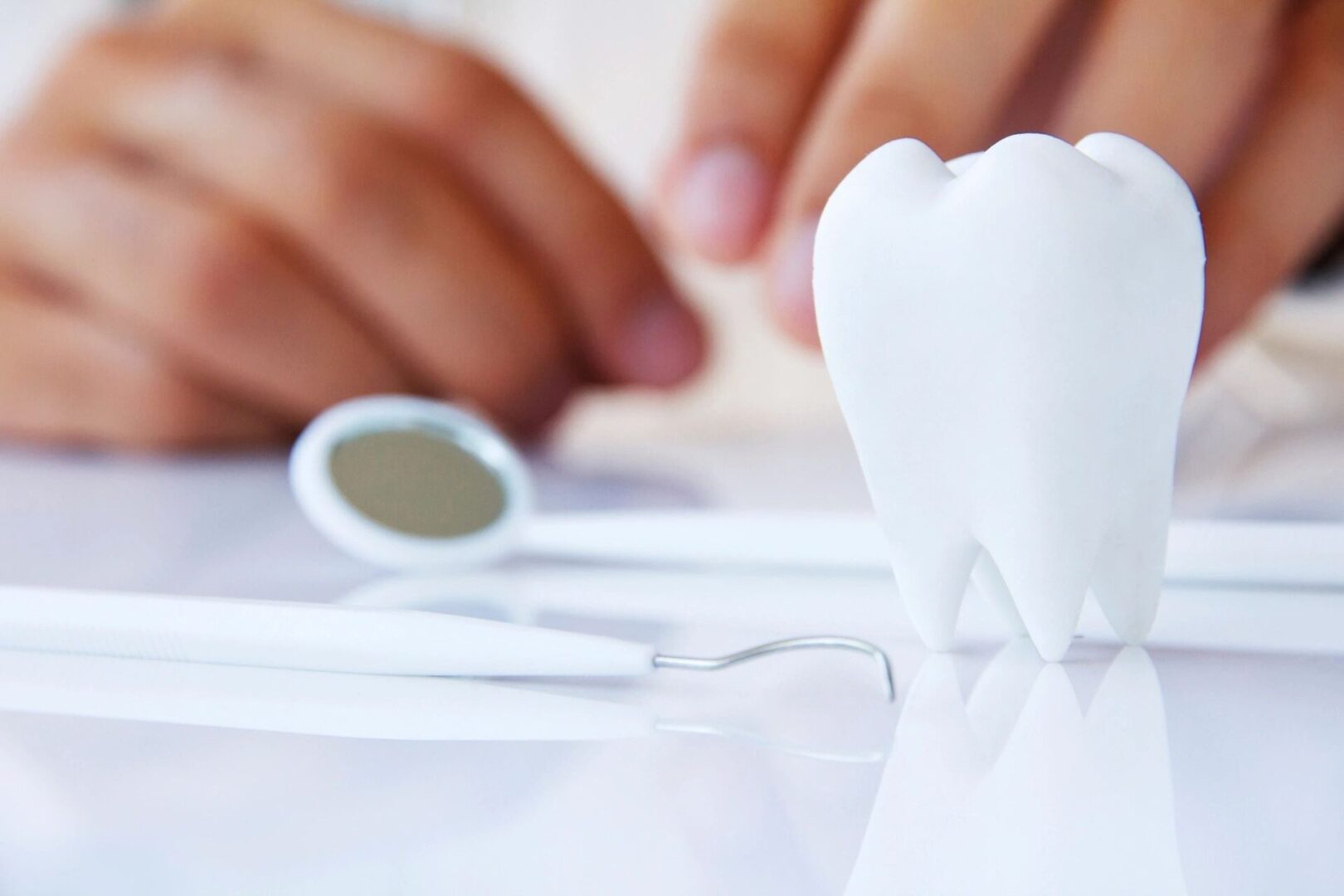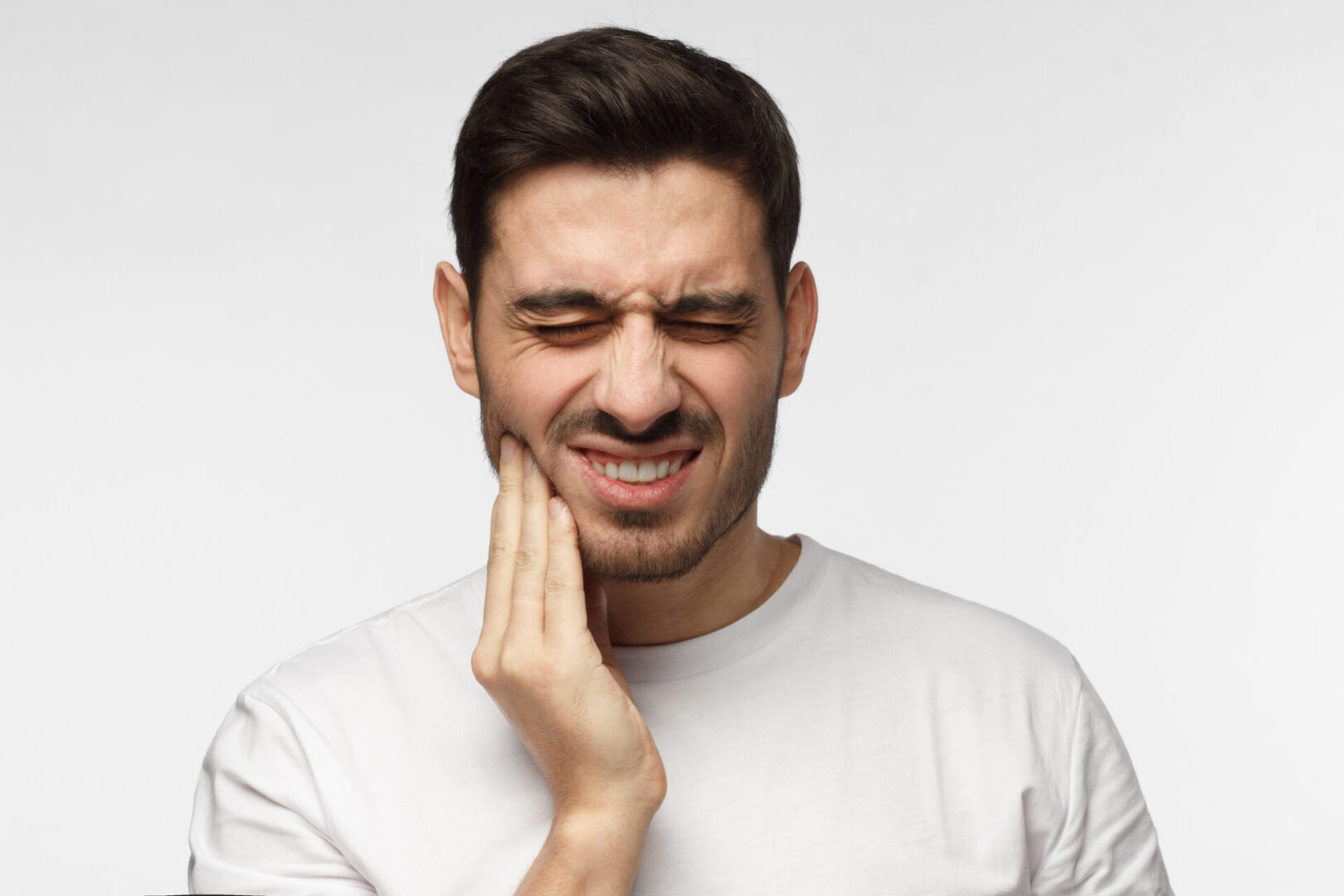
Financial Options
To help our patients get the most out of their dental benefits, we are preferred providers in the following insurance networks: Delta Dental, Regence Blueshield, Premera, Careington, and Zelis.
People often believe they can’t go to the dentist unless they have insurance or that it will be unaffordable. With our low fees, the average uninsured adult can have all annual cleanings, check-ups, and x-rays for less than $600 per year. We can even spread out payments to make it easier. With regular check-ups, we catch problems early and save you from toothaches and costly procedures.
Often, treatment can be prioritized and spread out over time so you're not paying for everything at once. We also offer 3-month payment plans and can provide you with information from Care Credit for healthcare financing.
Simply put, so you don’t get a bill. There are hundreds of insurance companies and plans. We can only find yours with your help. We often find that a patient's insurance is no longer active and they were unaware. Get us the info and we’ll do the legwork ahead of your appointment so you don’t have unexpected costs.

Dental Emergencies
You bit your fork? Bonked your front tooth playing with your dog or your kids? We've seen it all! Thankfully, not all tooth injuries result in pain or infection.
If you have broken, loose, or painful teeth after a fall or accident, you should have a dental evaluation as soon as possible after ruling out head injury or concussion. Any swelling around a tooth, especially if you can see swelling in your face, needs immediate attention. A chipped tooth is rarely an emergency.
The common reasons for toothaches are cavities, cracks, and "occlusal trauma". Occlusal trauma means you bruised your tooth either by biting on something hard or by regularly grinding or clenching your teeth (see TMD section). Cracked teeth are usually sensitive to temperatures and chewing. A tooth with a large cavity will also become temperature sensitive. In both cases, the temperature sensitivity gets progressively worse until it lingers long after you finished that cold beverage or hot meal. Eventually, the tooth will hurt without any triggers and can keep you up at night.
A severe toothache doesn't last forever. The nerve inside the tooth sending pain signals eventually dies. At this point, you can develop an infection in the tooth. The symptoms are generally milder but you may experience pain with chewing and/or swelling around the tooth. For both a painful nerve or an infected tooth, the solution is root canal treatment. We can determine the cause of you toothache with an exam, xray, and testing.
If you chipped a tooth biting something hard, the tooth will be sore and sensitive for days or weeks. However, a superficial chip usually doesn't cause a severe toothache. Make an appointment to get the tooth checked and we'll discuss the options to repair it. Small chips that aren't in an esthetic zone may only need to be smoothed.
A crown can come off for a couple reasons. Hopefully, the tooth is in good shape and just needs the crown recemented. If it looks like some of the tooth came out with the crown, there may be a bigger problem like a cavity or a crack. The tooth may feel sensitive to chewing and temperatures but is unlikely to be painful if it felt fine before the crown came off. If you can't get to the office right away and you can fit the crown on the tooth, try temporary cement from the pharmacy. Otherwise, store the crown in a safe place until your appointment.

Jaw Pain
TMJs or temperomandibular joints can be the cause of headaches or even tooth pain. Temperomandibular disorder, otherwise known as TMD, refers to pain in these joints or the jaw muscles. The good news is that conservative remedies and time will often help.
Many people clench their jaws while sleeping or grind their teeth together at night. It's especially common during periods of high stress, chronic pain, or interrupted sleep such as early parenthood. Often, it will resolve within a few weeks. If you wake up with acute pain on one side, early intervention may help speed recovery. Sometimes, it's hard to tell if pain is coming from your tooth or your jaw so it's best to have it evaluated by a dentist.
Like any other overworked muscle, jaw muscles can get sore. The problem is, you still have to use them all day every day! The goal is managing the discomfort while allowing yourself to heal. Strategies include soft food diet, anti-inflammatory medications, heat or ice packs, and stress management. It's important to investigate your particular pattern and potential causes of jaw pain to determine the best choices for relief.
Long-standing joint noise without pain is very common and not a cause for concern. If it's accompanied by joint or muscle pain, there may be options for treatment.
Nightguards are good for some but not for all. If you have a nighttime habit of clenching or grinding that causes sensitive teeth, a nightguard may help. They can also help with chronically sore jaw muscles. However, for some people a nightguard will make muscle soreness worse because they chew on the plastic at night. Other people find they can't sleep with the nightguard or they take it out in their sleep. Before you spend hundreds of dollars on a custom nightguard you may never use, try an over-the-counter one. Look for one that is a U-shaped soft plastic.

Kids Dentistry
Dr. Meghan Crawford and her staff at Columbia City Dental love taking care of kids and their teeth! We’re here to make your child’s early experiences at the dentist’s office pleasant and set them up for a lifetime of good oral health. Below are some of the most frequent questions Dr. Crawford gets from parents:
Use a soft piece of cloth like a cut up washcloth to gently wipe baby’s teeth at bedtime and in the morning. This will remove the biofilm (plaque) layer that accumulates on teeth.
You can start gently brushing baby’s teeth with a soft-bristled brush as soon as you want to but definitely by the time your child has molars. Previous guidelines have recommended avoiding fluoride toothpaste until age 2. However, the American Dental Association now recommends using small amounts of fluoride toothpaste as soon as your child has teeth.
Dr. Crawford and her staff will show you the correct amount to use depending on your child’s age. The goal is to protect teeth from decay but prevent fluorosis which is staining of teeth due to high fluoride consumption.
Children should have a dental check-up around age 12-18 months or any time you have questions or concerns about your child’s dental development. Late to the game? Don't worry. We'll help you get on track with a regular routine.
At Columbia City Dental, your child’s first appointment will start with introductions, a review of your child’s overall health, and a conversation about your family’s oral hygiene habits and nutrition. If your child is under age three or feels shy, you will sit on the dental chair with him/her in your lap facing you. You’ll sit knee to knee with Dr. Crawford and your child will lie across your laps.
This gives the dentist a very good view of upper and lower teeth and the entire mouth. The exam is painless and is usually done with just a dental mirror. After checking everything, Dr. Crawford will show you how best to brush your child’s teeth and then apply a fluoride varnish, if recommended. Then it’s time for a hug from mom or dad and a prize from our treasure box!
Sometimes children are afraid because it’s a new and different experience but often they are totally relaxed, especially if they’re accustomed to mom or dad brushing their teeth every day. The most common reason for a child to be nervous about their first appointment is because their parent is nervous for them. So, just relax and treat it as a fun and interesting experience for you and your child.
As any parent knows, some young children will vocally and physically resist even a toothbrushing. We know how to gently get the job done and keep it positive so eventually those twice annual check-ups become something to look forward to.
If your child has had dental work done before and that left them feeling nervous about dental appointments, we will find the best way to make them comfortable at our office. We value building trust with our patients, young and old alike.
Rest assured, this is very common for lower front teeth. So common in fact that we like to call it "shark teeth". It does not mean that your child has to have any teeth pulled. Eventually, the baby teeth will become loose and fall out. Then the adult teeth will shift into a more forward position.
It's a terrifying experience when your child falls and hit their mouth. It's often hard to tell where they hit and what damage was done. If you suspect any other head or facial injuries, call your doctor's office immediately. If the injury is primarily to the mouth, do your best to calm your child then try to check teeth. Look for chips or loose teeth and check the gumline for bleeding around the tooth. Minor injuries to teeth often require no treatment but your child will be sore and we'll need to monitor for complications down the road. Give us a call for advice about your child's specific situation.